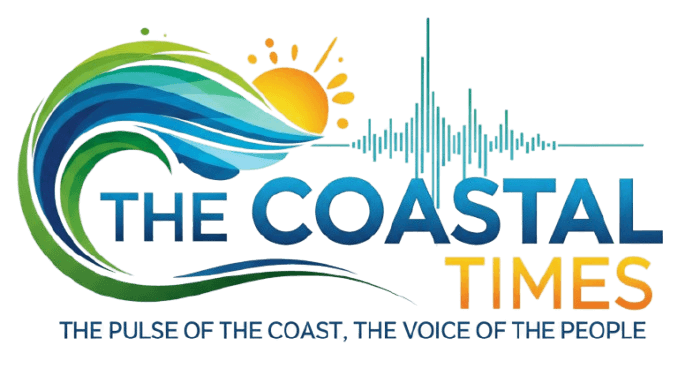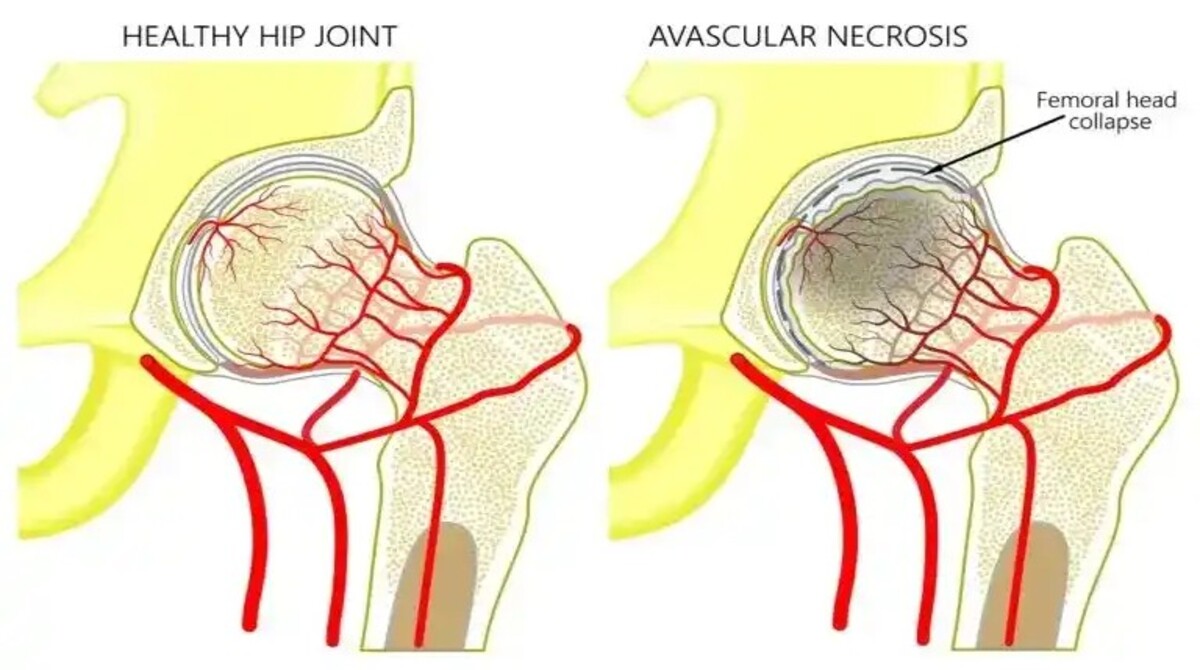Surge in Avascular Necrosis Cases Linked to Covid Treatment
Doctors across Andhra Pradesh are witnessing a sharp rise in avascular necrosis (AVN), or osteonecrosis, in the years following the Covid-19 pandemic. Once considered relatively rare, the condition is now being reported with growing frequency, particularly among younger patients.
At King George Hospital (KGH), Visakhapatnam, the largest government facility in north coastal Andhra, orthopaedic specialists who earlier saw only one or two AVN cases a month are now seeing the same number every day.
AVN develops when blood supply to a bone is disrupted, leading to tissue death and eventual collapse. The hip joint is most commonly affected, followed by the ankle and wrist.
“Healthy bone is firm and supports body weight. When circulation stops, the bone softens, loses its shape, and causes severe pain, restricted mobility, and limping,” said Dr. M. Chandrasekhara Naidu, Head of Orthopaedics, KGH. He noted that while AVN is not new, the recent surge is unusual. “Earlier, most patients were above 50. Now six or seven out of ten are in the 20–40 age group,” he said.
Doctors attribute the rise to two key pandemic-related factors: vascular changes caused by Covid infection and the widespread use of steroids. Steroids, prescribed during Covid to control severe inflammation, can reduce blood flow to bones, while the infection itself increases clotting tendencies. “Steroid-induced AVN existed before, but the current scale is unprecedented. Many patients return within a year or two of recovery complaining of hip pain,” said a senior orthopaedic surgeon at a private hospital.
The diagnosis often comes as a shock to patients. Pradeep, 32, a software engineer, developed persistent hip pain which he assumed was work-related. “When I began limping, doctors diagnosed AVN. I never thought my Covid treatment would lead to this,” he said. Kavitha, 28, a homemaker from Srikakulam, developed AVN in both hips after being treated with steroids for Covid and is currently receiving care at KGH.
Treatment options depend on the stage of detection. In early cases, core decompression or bone marrow aspiration concentration surgery can restore circulation. At KGH, such procedures are provided free of cost. Advanced cases often require joint replacement. “If patients delay, the chances of saving the joint are slim,” Dr. Naidu cautioned.
Apart from Covid-related factors, AVN is also associated with asthma, rheumatoid arthritis, autoimmune conditions, alcohol use, and traumatic injuries. Doctors urge individuals with persistent hip or joint pain to seek early evaluation. Public health experts meanwhile emphasise caution in prescribing steroids, stressing that while they saved lives during the pandemic, their long-term risks require close monitoring.



